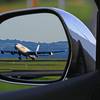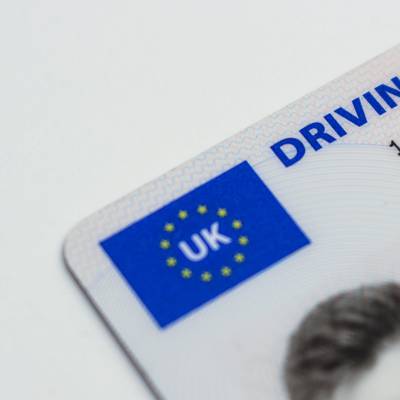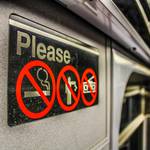כללי
תחבורה
 How to get to Costa Rica?
How to get to Costa Rica?
 How to get to San Jose from the airport?
How to get to San Jose from the airport?
 How do I get around in Costa Rica?
How do I get around in Costa Rica?
 How do I rent a car in Costa Rica?
How do I rent a car in Costa Rica?
אנשים
אירוח
אוכל ושתייה
ביקור באתרים
משפטי
 Do I need a visa for Costa Rica?
Do I need a visa for Costa Rica?
 מה רשאי/ה אני לייצא מקוסטה ריקה?
מה רשאי/ה אני לייצא מקוסטה ריקה?
 מה ניתן לקחת איתי לקוסטה ריקה?
מה ניתן לקחת איתי לקוסטה ריקה?
 What legal problems might I face in Costa Rica as a foreigner?
What legal problems might I face in Costa Rica as a foreigner?
כסף
בטיחות ובריאות
נסיעות משפחתיות

What do I need to know about driving in Costa Rica?
Costa Rica may be physically small in terms of land mass but don't let that fool you. It's a country of mountains, rainforests, plains, and windy river valleys, which prevents the construction of expressways, making it more difficult to get from point A to point B. The average driving time between one destination to the next is 3.5 hours, but it's easy to split the trip into enjoyable distances.
For instance, if headed to Guanacaste from San Jose (the capital), consider stopping for a night or two in La Fortuna to see Arenal Volcano and soak in the hot springs. If leaving from San Jose (the capital), factor in an extra hour if traveling during rush hour, which can get brutal.
Stick to the speed limits (the camera monitoring system is installed and working) as speeding tickets are expensive (upwards of 280,000 CRC or 500 USD). It's also not wise to drive after dark, especially in the jungle. If arriving in the late afternoon or evening, stay the night near the airport and set off the next day armed with a good cup of coffee.
You have to carry your passport at all times when driving in the country; photocopies are not acceptable. If you fail to provide proper documentation when stopped by a traffic officer, you could get a fine. Police officers on the road usually don’t ask for a license, a valid passport is enough, but it’s better to keep both with you as fines in Costa Rica can get quite high.
Traffic fines are not supposed to be collected on site. They may be paid either at COSEVI (Costa Rican Road Safety Council) or at a bank. If a police officer asks you for money, you can make a complaint to the Costa Rican Tourism Bureau.
Note that the Costa Rican government may prevent any driver involved in a vehicular accident from departing Costa Rica until all injury claims have been settled. This is true regardless of whether the driver is at fault or covered by insurance. Travellers may be prevented from leaving the country for months, or even years, until a local judicial resolution is reached.

מה כדאי לא לעשות בקוסטה ריקה?

אילו מקומות יש לאכול?

האם קל לקבל עזרה רפואית בקוסטה ריקה?

אני יכול לשתות מים מהברז בקוסטה ריקה?

מהן כמה הפעילויות שניתן לעשות בקוסטה ריקה עם ילדים?
